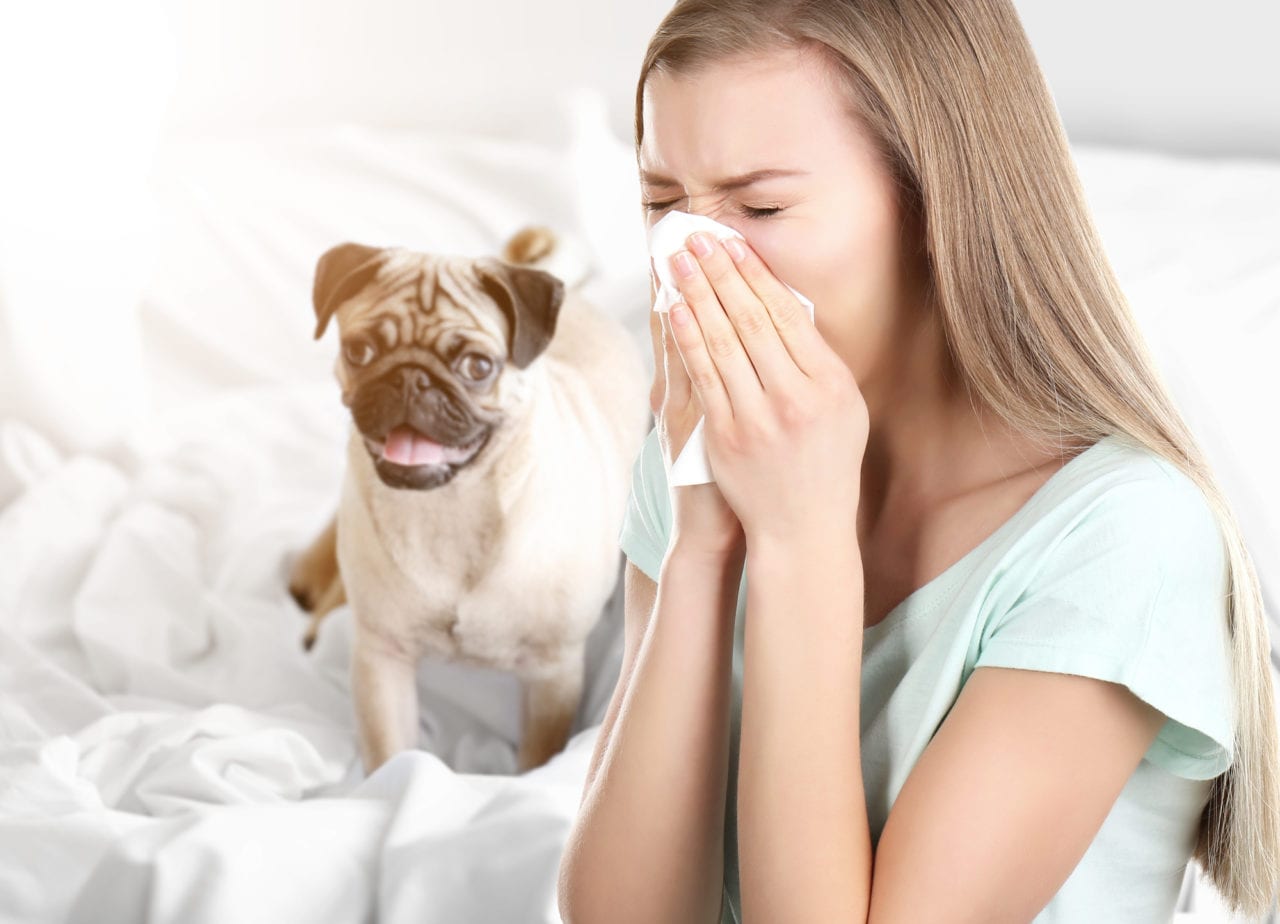
The Dirt on Dust: How Dust Impacts Winter Allergies

Allergies are never fun to experience whether it’s from springtime pollen or a myriad of irritants in the wintertime.
When it comes to combating these symptoms, it’s important to find out: can dust cause allergies?
Although dust is often a cosmetic issue for many, it may also play a role in your winter allergies. Read on to learn more about how dust can affect your health and well-being.
Dust Mites and Allergies
Dust mites are a common cause of allergy flare-ups, and these microscopic beings can lurk in everything from carpets to bedding. As the weather outside gets cooler, you’re probably spending more time at home, which means you’re exposed to dust mites even more.
In order to get rid of these tiny allergens, it’s best to start by cleaning your bedding regularly. Run sheets, pillowcases, and mattress cover on the hot cycle in your washing machine at least once per week to keep dust mites at bay.
Vacuum your carpets and rugs regularly and consider removing wall-to-wall carpeting if your dust mite allergies are extreme. Instead of regular dusting, use a technique called “damp dusting” and wipe down surfaces with a slightly wet cloth to fully remove dust mites from surfaces.
Can Dust Cause Allergies?
While it’s common knowledge that dust mites are problematic, what about regular household dust. Can dust cause allergies and if so, what can you do about it?
Everything from pet dander to cockroaches can be dust allergy triggers. The key is to find the source and then eliminate it from your home so you don’t have to suffer any longer.
Brush your pet’s fur regularly and consider adding an air filter to your home to catch any excess dander. Look for other common issues in the home like mold or pests, then take steps to get them professionally removed so you can breathe easier.
Managing Dust and Allergy Symptoms
A dust allergy is typically accompanied by red, watery eyes that are itchy as well as sneezing and respiratory problems. Here are some things you can do to reduce the problems associated with house dust and allergies:
- Do not allow pets in the bedroom to keep their fur and dander to a minimum in the areas where you sleep.
- Consider buying a freestanding air filter or have a whole-home air filtration system installed.
- Wash bedding and other linens in hot water regularly to remove dust mites.
- Consider hiring a professional cleaning service to dust furniture and hard-to-reach areas like window blinds and ceiling trim.
- Look for the presence of mold or pests and have them taken care of immediately.
Say Goodbye to Dust Allergies
If you’re wondering, “can dust cause allergies,” the answer is a simple yes. Even if your allergy symptoms aren’t severe, a small amount of dust and dust mites can become a major trigger.
For all your dust removal and house cleaning needs, be sure to check out our website and contact us today to learn more!
Share this article
Follow us
A quick overview of the topics covered in this article.












